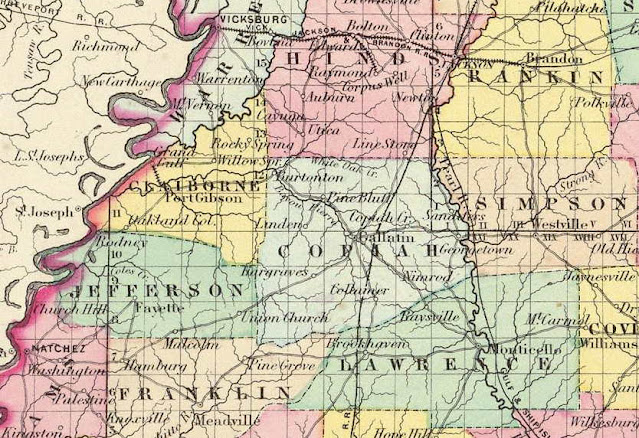Hoaxing journals, or, get another hobby
1. Boy, do these people have time on their hands. I waste a lot of time myself, but time to generate 20 bogus papers to prove a point? Gosh, couldn't they have done something more useful with that time -- say, go down to their local park and pick up trash?
2. And it's not much of a point. Ever since I've been in academia, it's been a truism that if you select a bad enough journal, you can publish your laundry list, even in science. In what they call Grievance Studies , well, it's not my field, and I haven't devoted any time to studying it (see point 1), but I imagine with a bit of verbosity you can get away with murder. And things have only gotten worse with the advent of 'open-source', fly-by-night journals. I mean, sure, I bet I could get a list of all the structural isomers of C20H42 into print somewhere. But so what? I'd rather write this junk.
3. People have made the very valid point that the system of academic publication is not set up to detect fraud, and nor should it be. Journal editors and referees usually work under the assumption submitted manuscripts are written in good faith. These were not. They are not even submitted under the names of the real authors. Fool me once, shame on you.
4. Moreover, contrary to the way peer-review is often represented to the public, it's not the most important way dreck is eradicated in academia. Bad scholarship usually dies by being ignored. It's rarely rebutted, and more often rejected for publication, but then, if you can find a crappy enough journal, you can always get it published (see point 2). This is why one way of telling the quality of a journal is by its impact factor (how often its papers are cited).
5. And now the serious criticism. this little jape wasted a lot of people's time. One of the graduate students who was asked to review one of the papers spent a lot of time on it, tried to write a thoughtful review, ultimately (to his credit) recommended rejection, and then found it was all a prank. That sucks. Now multiply that by 60 (40 referees, 20 editors).
6. And while the authors may have had the goal of discrediting Grievance studies, of course the impact won't be limited to those fields. Many, many people, who have the goal of discrediting the academic enterprise in toto will latch onto this little prank and generalize. Want to discredit the science of anthropogenic climate change? Evolution? Evidence of discrimination? Carcinogenicity of a particular substance? Vaccines? This is tailor made. "Peer review doesn't work, and academics are a bunch of charlatans." My sister sends me at least one article a week arguing academia is a cesspool. Not gender studies, not the humanities, academia. One of the last articles she sent me was by Mitchell "if you haven't raped anyone by age 15, you're not a man" Langbert, telling me all academics are democrats. Actually, I'm a registered Republican.
7. The authors claim they're liberals. I'm old and cynical enough not to take such claims at face value. If they're liberals, they're idiots, doing the devil's work for him. One of the other 'liberals' Quilette.com employed to fawn all over this junk was Nathan Cofnas, a graduate student in the Philosophy of Biology with a worrisome interest in 'race and intelligence' and ties to the explicitly racist Ulster Institute for Social Research. I'm sure he was delighted to contribute.
Yes, academia could do a better job of policing itself against charlatans, though that goes against the generally libertarian quality of academic freedom. But academia's vices are minimal compared to those of the Ideological Dark Web, which often seems to see its mission as shoring up the pseudo-intellectual flank of the alt-right, allowing some very dubious cockroaches to scuttle around in the daylight. Thanks but no thanks, we'll do this ourselves.




Comments
Post a Comment